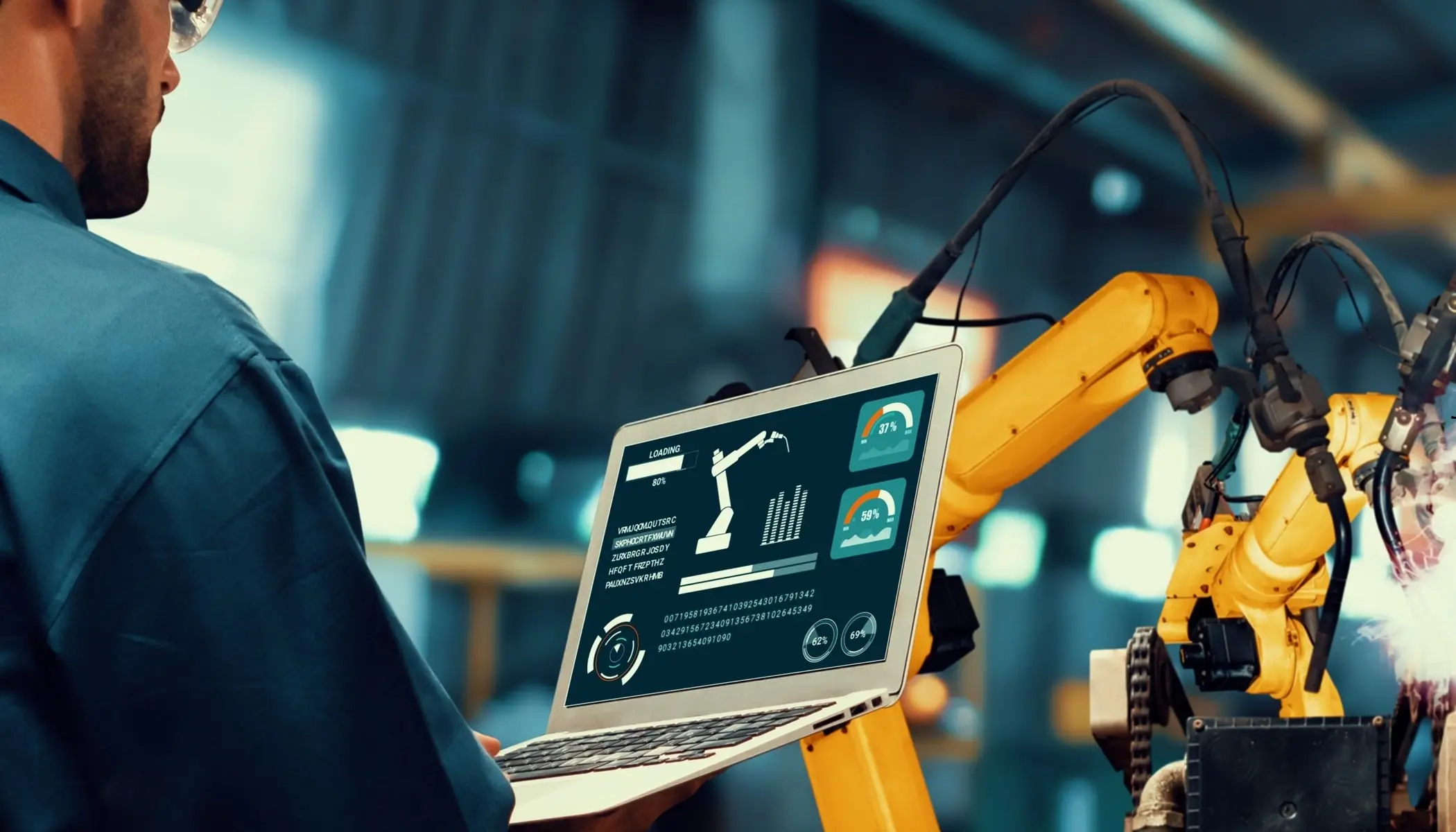
Generation Z is Shaping the Future of Work
Born between 1997 and 2012, Generation Z is now entering the workforce, bringing fresh perspectives, new expectations, and a strong sense of values.
As the first generation to grow up fully immersed in the digital world, their approach to work and life is significantly shaped by technology. Employers who understand what makes Generation Z tick and how to best integrate them into their companies are well-positioned to harness their potential.
Table of Contents
Who Is Generation Z?
Generation Z, often referred to as "Zoomers," includes individuals born between 1997 and 2012. The name "Generation Z" follows Generation Y, better known as Millennials, continuing the alphabetical progression.
While the exact birth years may vary slightly depending on the source, it is generally accepted that this generation is the first to grow up entirely in a digital world. They are deeply influenced by technology, social media, and a globally connected environment.
Before diving into their specific expectations and challenges, it's essential to understand who Generation Z is and how they differ from previous generations, especially in terms of technology, work habits, and life goals.
- Generation Overview: Generation Z is characterized by a strong affinity for technology, a desire for work-life balance, and a keen awareness of sustainability.
- Differences from Previous Generations: Compared to Millennials and Generation X, Generation Z places an even greater emphasis on flexibility and meaningful work.
To better understand Generation Z, let's take a look at how the recent generations are classified:
| Generation | Birth Years | Key Traits |
|---|---|---|
| Baby Boomers | 1946-1964 | Post-WWII economic boom, strong work ethic, stability, and loyalty to employers. |
| Generation X | 1965-1980 | Independence, value on work-life balance, early adopters of technologies like the internet. |
| Millennials (Generation Y) | 1981-1996 | Tech-savvy, social media-oriented, desire for meaningful work and self-fulfillment. |
| Generation Z | 1997-2012 | Digital natives, high demand for flexibility and sustainability, strong need for security and stability. |
This table clearly illustrates how generations have evolved over the decades, each bringing different values and expectations to the workforce. Shaped by crises and technological advancements, Generation Z presents new challenges and opportunities for businesses.
These differences influence how they enter the workforce and shape their careers. Employers must adapt to these changing expectations to effectively engage with this new generation.
Expectations at Work
Generation Z has clear ideas about what they expect from their workplace. Their requirements often differ from those of older generations, which can be both a challenge and an opportunity for companies. Here are some of the central expectations that businesses should consider:
- Flexibility and Work-Life Balance: Generation Z seeks a balance between work and personal life, making flexible work models highly important.
- Technological Environment: This generation has grown up with digital technology and expects modern, tech-savvy workplaces.
- Career Growth and Learning: Generation Z places great importance on continuous learning and the opportunity for career advancement.
These aspects show that Generation Z is not just looking for a job, but a holistic experience that aligns their professional and personal goals. Companies that understand this and offer appropriate opportunities will be more attractive to these young talents.
Challenges for Employers
While integrating Generation Z offers many advantages, employers also face specific challenges. These range from high expectations to new demands for leadership and company culture. To work successfully with Generation Z, companies need to address the following challenges:
- High Expectations: Generation Z has high expectations from their employers, both in terms of working conditions and corporate culture.
- Retention and Engagement: Employers need to develop strategies to retain Generation Z for the long term and foster their engagement.
- Leadership and Management: Traditional leadership styles must be adapted to meet the needs of this generation.
By proactively addressing these challenges, companies can not only increase the productivity and satisfaction of their youngest employees but also enhance their competitiveness in an increasingly tight labor market.
Strategies for Success
To successfully integrate Generation Z into the workplace, employers must adopt strategic measures that align with the specific needs and expectations of this generation. Here are some of the best strategies that companies can implement:
- Flexible Work Models: Remote work, flexible hours, and sabbaticals are attractive models tailored to the needs of Generation Z.
- Mentorship and Coaching: Implementing mentorship and coaching programs can support the development and integration of Generation Z in the company.
- Inclusive Company Culture: A culture that promotes diversity, inclusion, and values like sustainability is especially important to Generation Z.
By implementing these strategies, companies can not only increase the satisfaction and motivation of Generation Z but also foster their innovation and creativity.
Case Studies
Many companies have already taken successful steps to effectively integrate Generation Z into their workforce. Here are some examples showing how different approaches work in practice:
| Company | Initiative | Result |
|---|---|---|
| Flexible work hours and remote work options | Higher satisfaction and lower turnover among younger employees | |
| Salesforce | Comprehensive mentorship programs for new hires | Faster integration and better retention of Generation Z |
| Unilever | Strengthening company culture through diversity and inclusion | Positive work environment and increased productivity |
Conclusion
Generation Z is bringing fresh energy to the workplace. Their technological skills, sense of innovation, and desire for fulfilling work present tremendous opportunities for companies. Employers who understand their expectations and respond to them can tap into their creativity and commitment. With the right strategies, companies can not only attract Generation Z but also retain them for the long term, building a sustainable, future-focused workforce.
Cityjobs.info empowers professionals to take the next step in their careers by connecting them with the right opportunities and employers.









